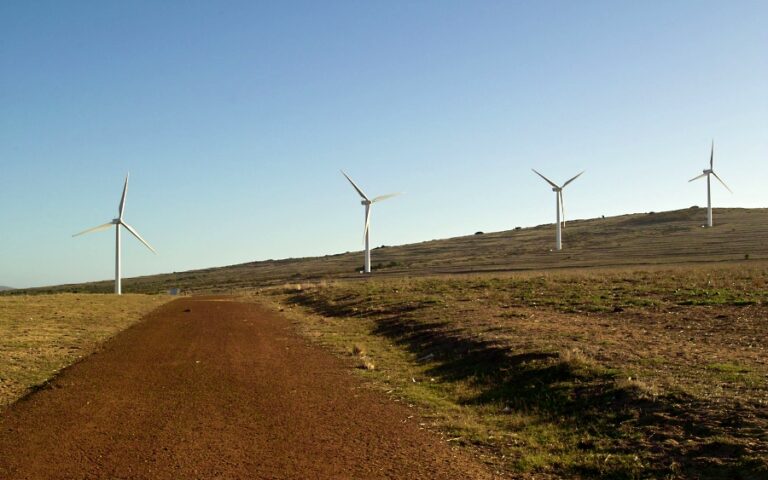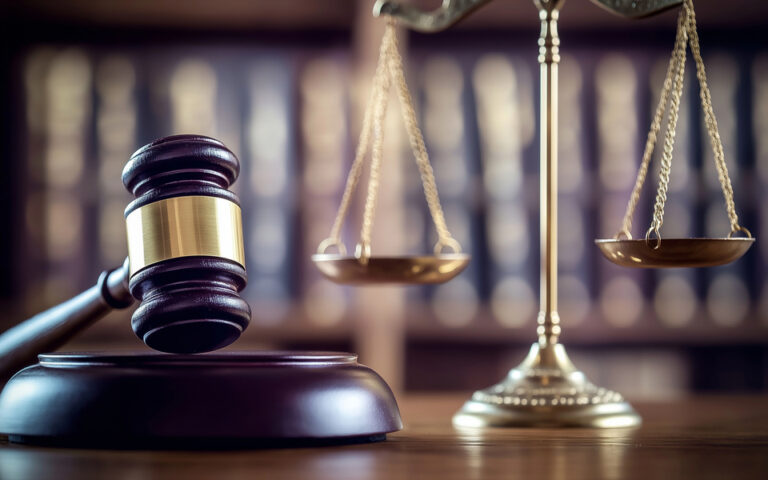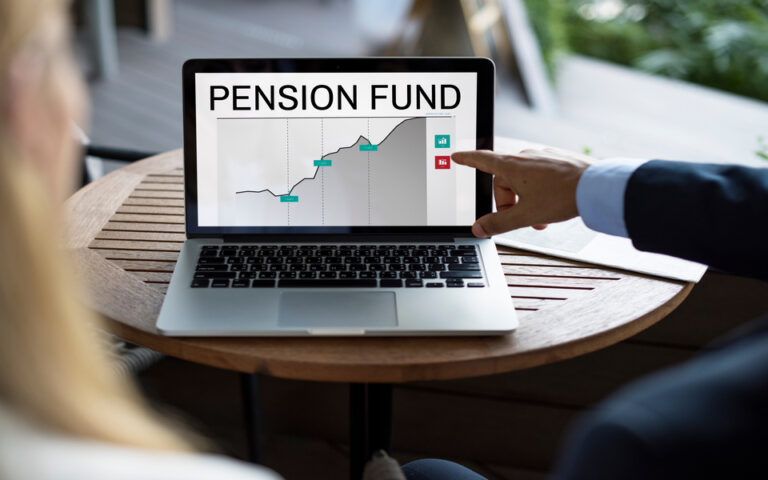The Business and Human Rights Resource Centre (BHRRC) has published a new briefing in response to Just Share’s report on corporate anti-climate lobbying in South Africa, “The Obstruction Playbook: How corporate lobbying threatens South Africa’s Just Transition”.
Following the release of Just Share’s report in May 2025, the BHRRC invited all companies and industry associations mentioned in the report to respond to The Obstruction Playbook’s contention that they had lobbied to weaken and delay climate change policies in South Africa. Specifically, the companies and industry associations were asked to:
- disclose any principles guiding their engagement with government on climate policy;
- publish any climate-related submissions they had made to government; and
- describe any steps taken to ensure their positions on climate policy align with both national and international decarbonisation goals.
According to the BHRRC, 11 out of 18 companies and industry associations responded and “the responses varied in their level of detail and engagement with the specific concerns raised”. It finds that the responses from key industry players “revealed a unified front of denial and defence, yet with nuanced differences in transparency and emphasis”.
The BHRRC briefing covers key themes in the responses, including the companies’ and industry associations’ (1) varying support for national climate goals, (2) publication of climate-related submissions to government, (3) alignment with national and international climate goals, and (4) response to allegations of weakening South Africa’s climate change policies through lobbying.
The briefing also includes recommendations for government, civil society, and corporations which support the findings set out in The Obstruction Playbook and closely align with Just Share’s advocacy on corporate anti-climate lobbying, especially relating to corporations. These focus on transparency and on aligning engagement activities with the goals of the Paris Agreement.
The BHRRC recommendations include:
For government:
- introduce regulation on mandatory public disclosure requirements for business-government interactions;
- broaden stakeholder engagement in all environmental legislation; and
- revisit South Africa’s climate policy, including the Climate Change Act and Carbon Tax Act to restore robust enforcement clauses and ensure just energy transition principles are embodied in future iterations of legislation.
For civil society:
- monitor and publish submissions made by corporates during policy developments relating to climate change;
- develop submissions to counter the narrative of corporate submissions; and
- advocate for an independent oversight body to assess the impact of industry lobbying on lawmaking.
For corporations:
- publish full policy positions and ensure public-private consistency;
- establish independent audit mechanisms for their environmental advocacy; and
- align disclosures with independent frameworks such as the JSE Sustainability and Climate Disclosure Guidanceand the Global Standard on Responsible Climate Lobbying.
About the BHRRC
The BHRRC is a global organisation working at the intersection of business and human rights, on four continents and in 30 countries. It seeks to put human rights at the heart of business to deliver a just economy, climate justice, and end abuse. A core function of the BHRRC is to collect evidence on the human rights performance, practices and policies of companies (it reports that it tracks more than 10,000 companies in more than 180 countries), and then takes up alleged abuse directly with companies, inviting them to respond to specific allegations.
Download BHRRC’s full briefing: Shaping the energy transition: Corporate influence on climate policy in South Africa
Download Just Share’s report: The Obstruction Playbook: How corporate lobbying threatens South Africa’s Just Transition






